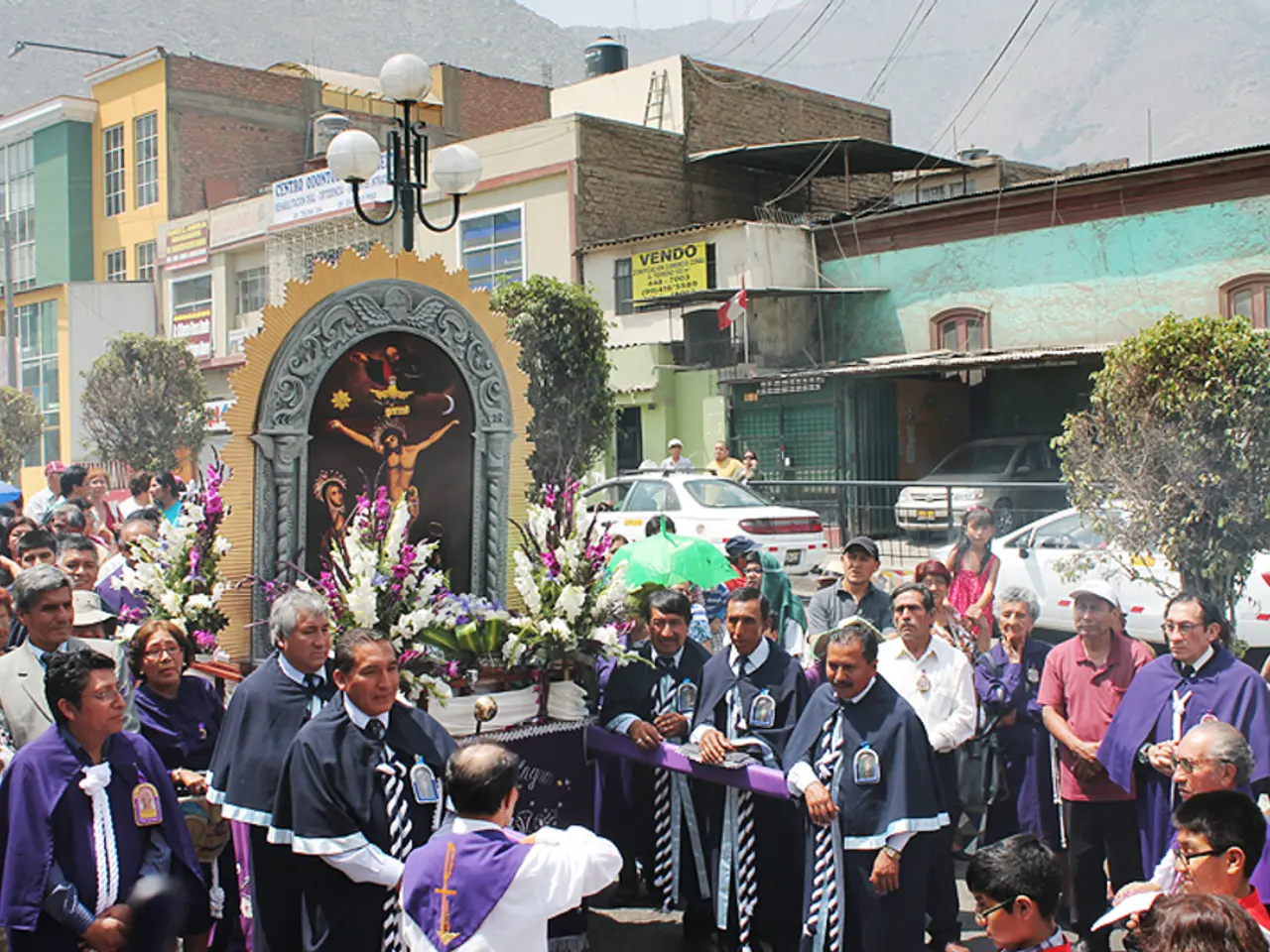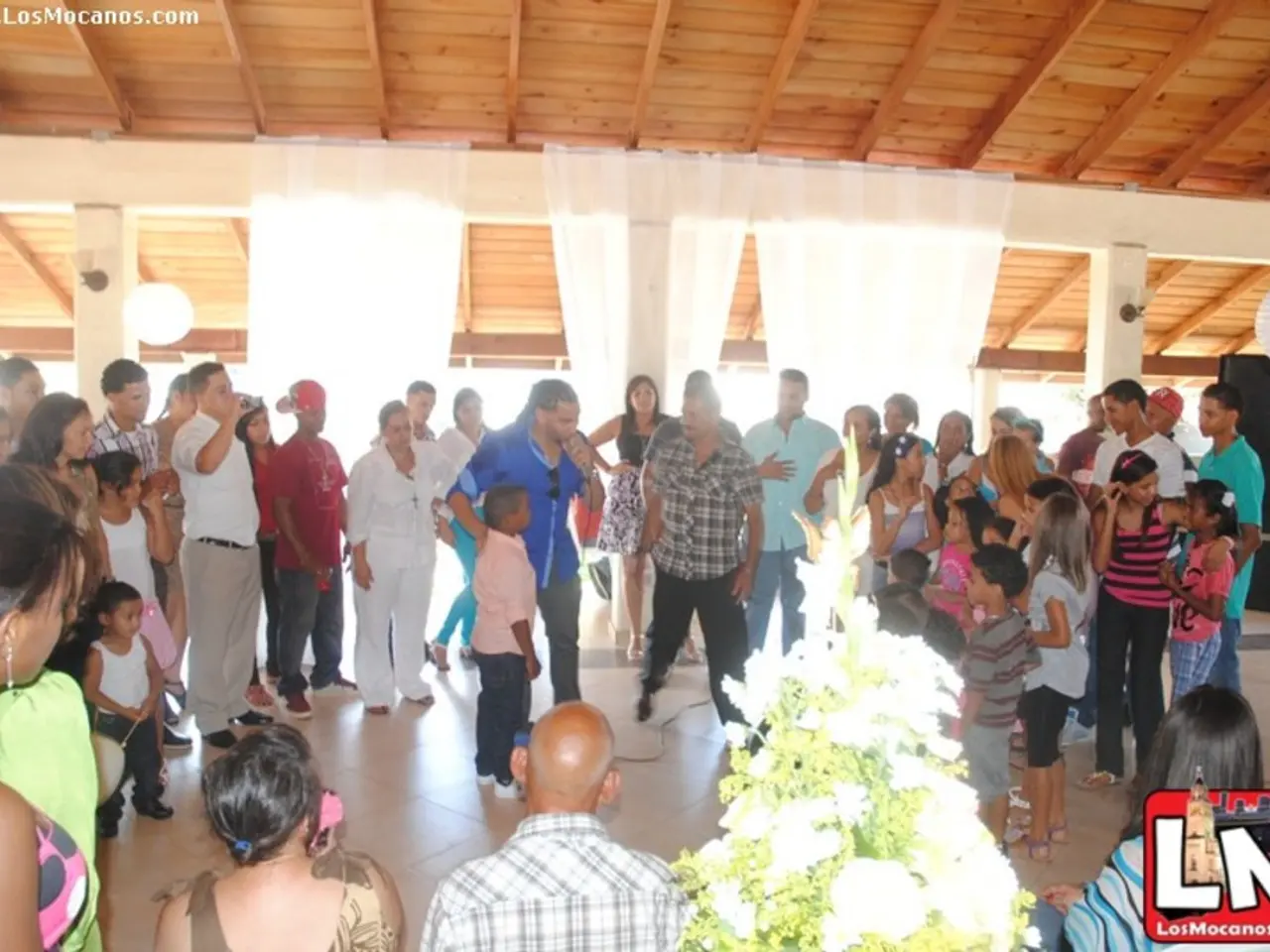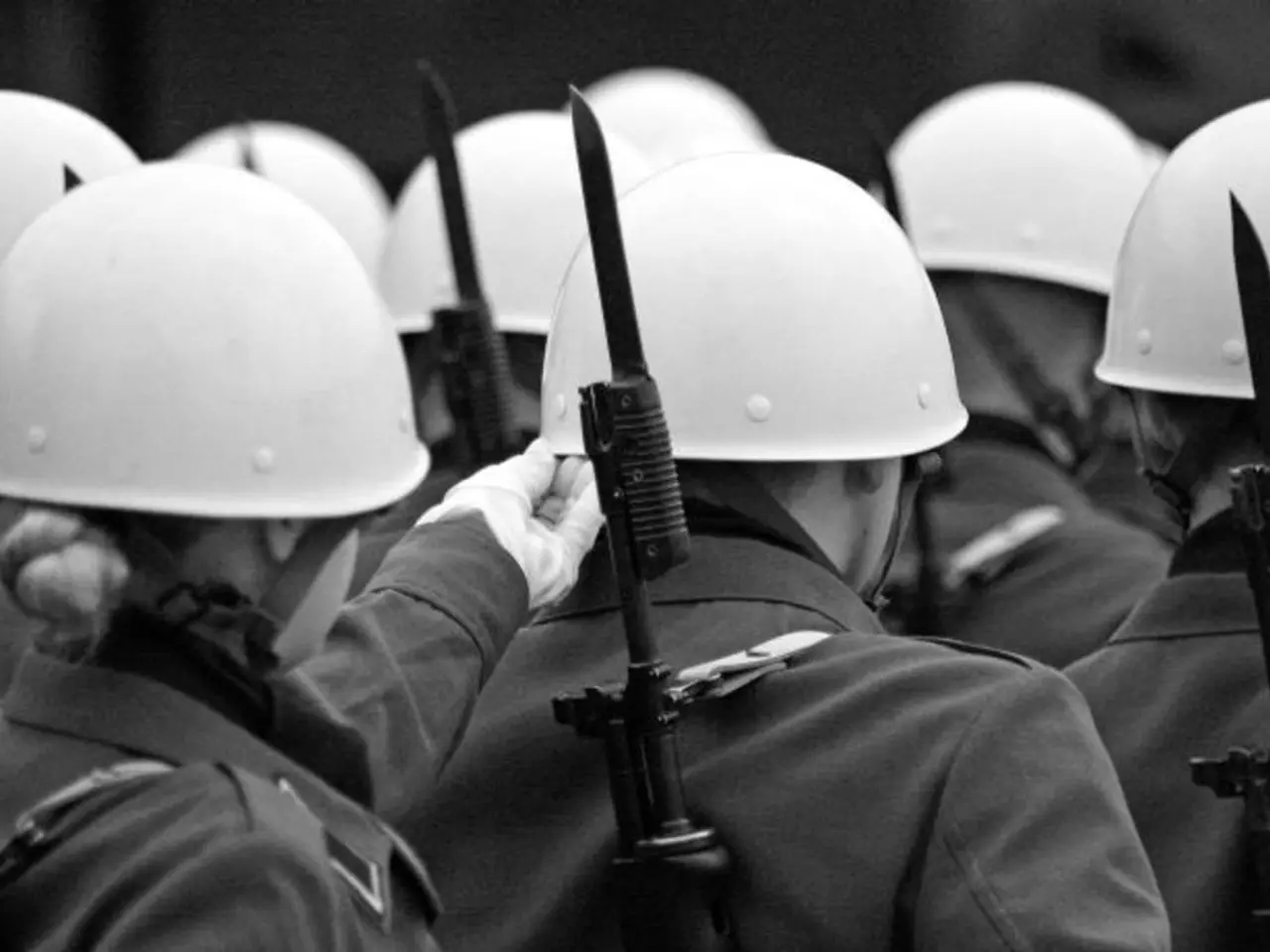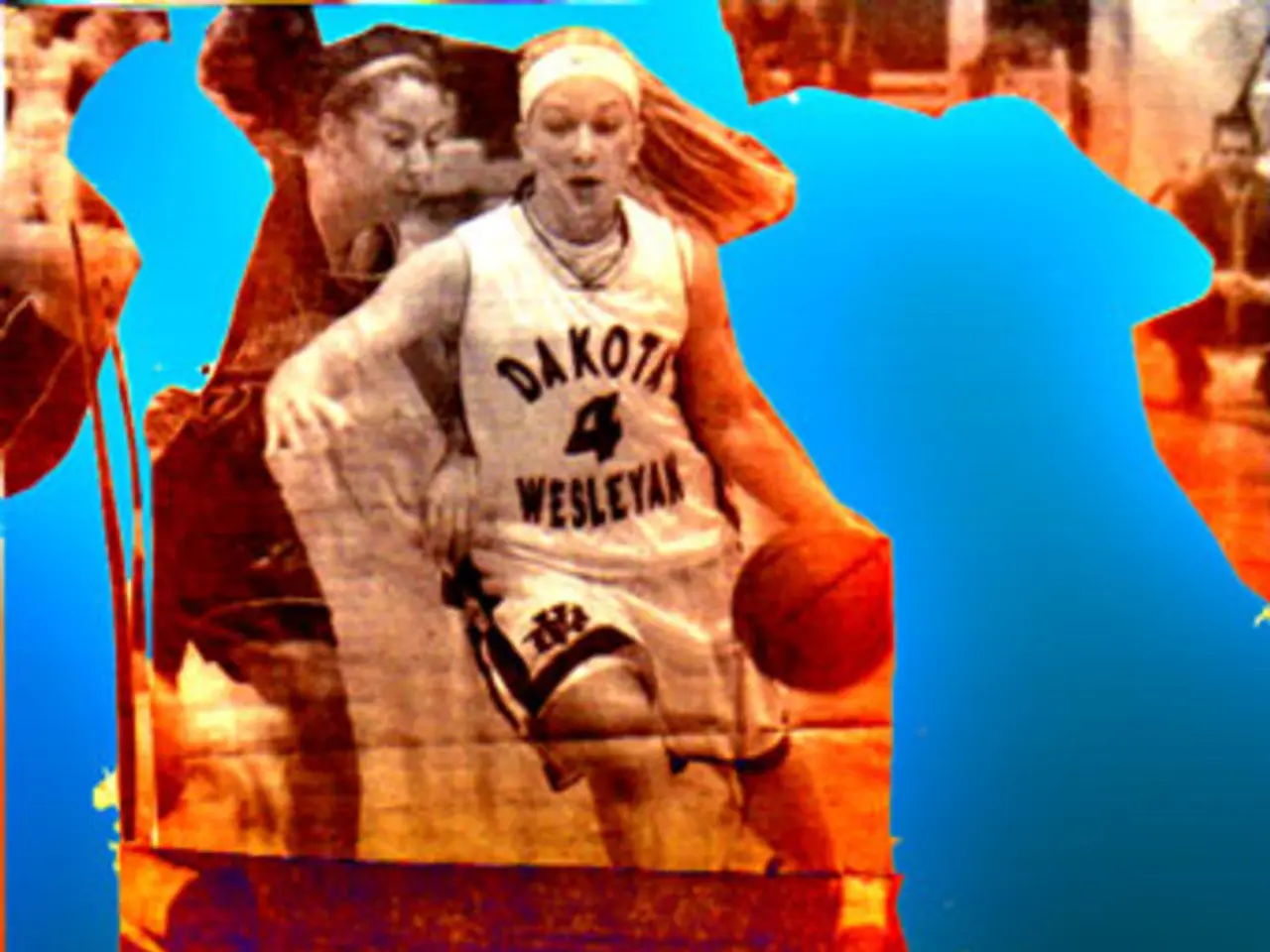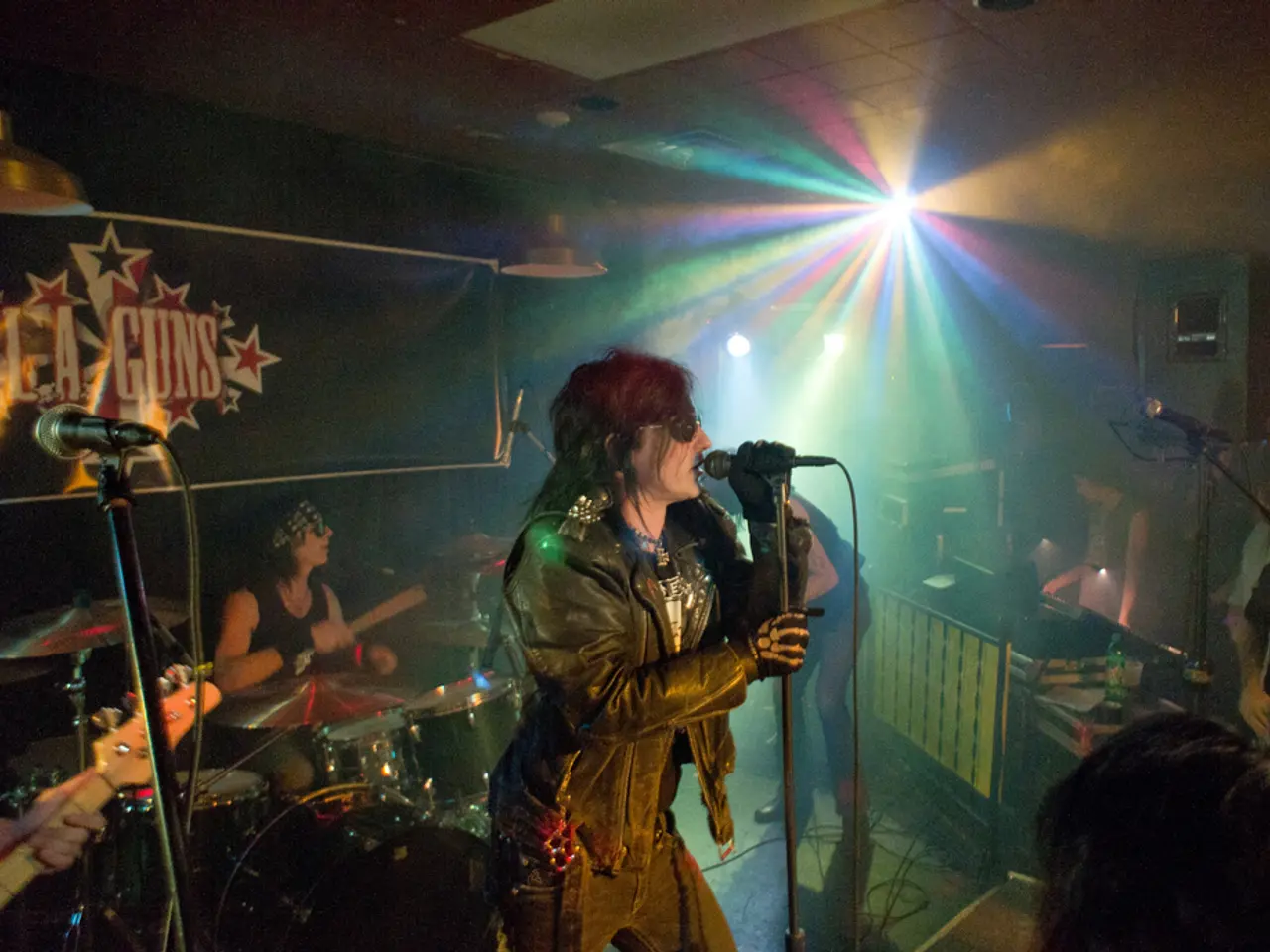Revamping Street Names from a Fresh Angle
In the heart of Germany, Düsseldorf is embarking on a significant journey towards re-evaluating its colonial past and addressing the street names that reflect this history. Wolfgang Schuller, a prominent figure in the city, has called for the creation of participatory structures to guide the process of street renaming, drawing inspiration from similar initiatives in Berlin and Düsseldorf.
From the mid-19th century to the 1930s, Düsseldorf served as a stage for Germany's colonial ambitions. The city's streets bear names that are remnants of this colonial past. However, Schuller believes that mere renaming would be a hasty disposal of history. Instead, he advocates for a more thoughtful approach, one that involves naming streets with local references from the city's colonial period.
Düsseldorf was a globalised city in the 19th century, and this global connection is a crucial aspect of the city's history that Schuller wants to preserve. He sees the engagement with Düsseldorf's colonial history as an essential step towards understanding the city's present.
The development of these participatory structures is necessary for a comprehensive processing of Düsseldorf's colonial history. These structures aim to broaden the legitimization of street renaming by involving civil society initiatives, POC groups, and residents in the process. The creation of these structures is anchored in memorial sites in Düsseldorf.
Inspiration for these participatory structures can be found in projects like the University of Münster's *Homes*, where participatory principles are emphasised through knowledge co-production and community organisation. This project encourages meaningful dialogue and feedback about migration, identity, and belonging, foundational themes for addressing colonial legacies and street re-naming issues.
Public exhibitions and dialogues that reshape collective memory are also key to this approach. City-level efforts in Germany often involve public engagement with colonial history through the reinterpretation of urban spaces, combining educational exhibits and participatory events to create sustainable memory.
The Düsseldorf Jonges, a local cultural group, have already taken steps in this direction. In their May issue of "Das Tor", they brought women's names with local relevance into the discussion, offering a glimpse of what a more inclusive and historically informed naming process could look like.
Schuller finds this approach interesting and believes that it will lead to a more intensive engagement with Düsseldorf's colonial history. After the loss of the colonies, Düsseldorf continued to have colonial influences, and addressing these is crucial for a holistic understanding and re-evaluation of the city's past and present.
While specific detailed programs for Düsseldorf are not yet deeply covered, successful approaches in Germany combine collaborative knowledge production and community involvement, public exhibitions and dialogues, and multifaceted engagement with local colonial histories through art, education, and participatory urban planning. These frameworks aim not only at renaming streets but embedding the process within wider community reflection and learning, helping transform public memory sustainably and respectfully.
[1] https://www.uni-muenster.de/Homes [2] https://www.dw.com/en/thomas-struth-photographs-the-city-as-a-lived-environment/a-42415786
Policy-and-legislation and politics play a crucial role in Düsseldorf's efforts to re-name streets that reflect its colonial past. The creation of participatory structures, drawing inspiration from similar initiatives in Berlin and other cities, is aimed at broadening the legitimization of these changes by involving civil society, POC groups, and residents in the decision-making process.
General-news outlets can follow the progress of Düsseldorf's policy on re-naming streets as part of the city's broader approach to engaging with its colonial history, which also includes public exhibitions, dialogues, and collaborative knowledge production to reshape collective memory and promote sustainable, respectful learning.
